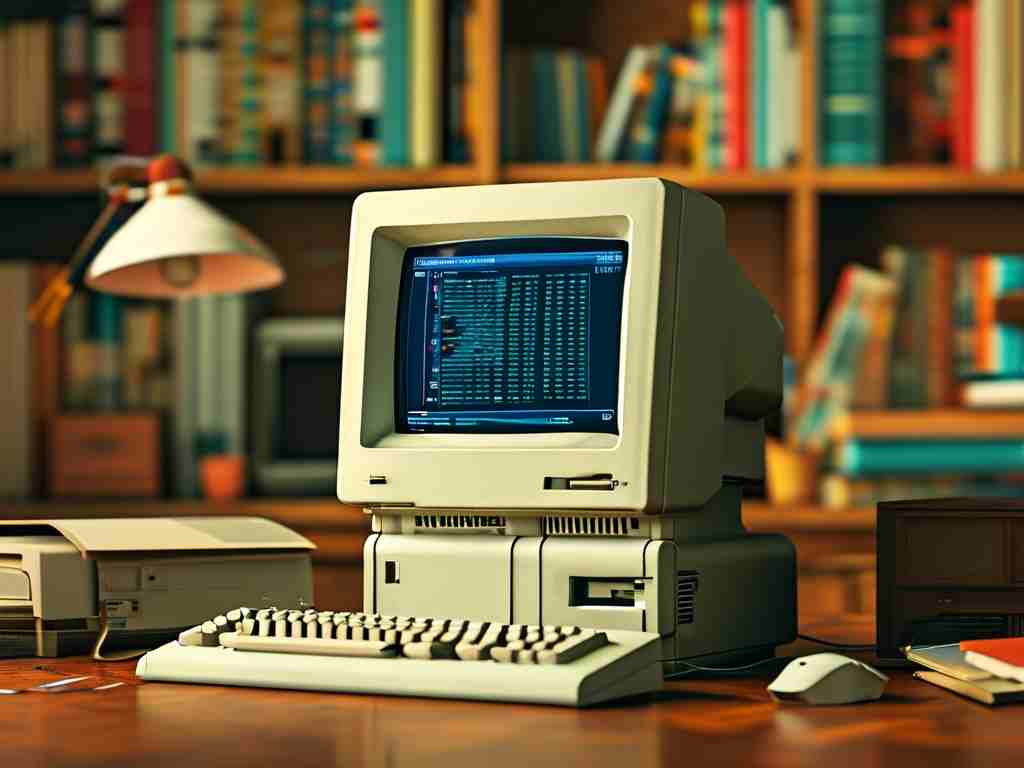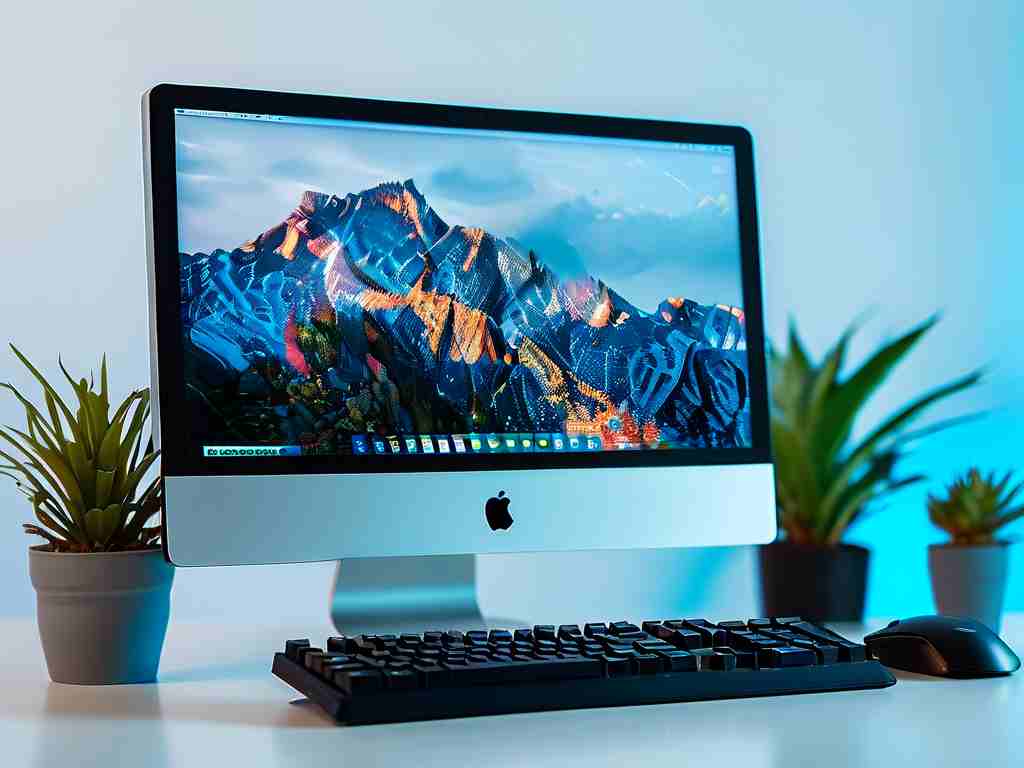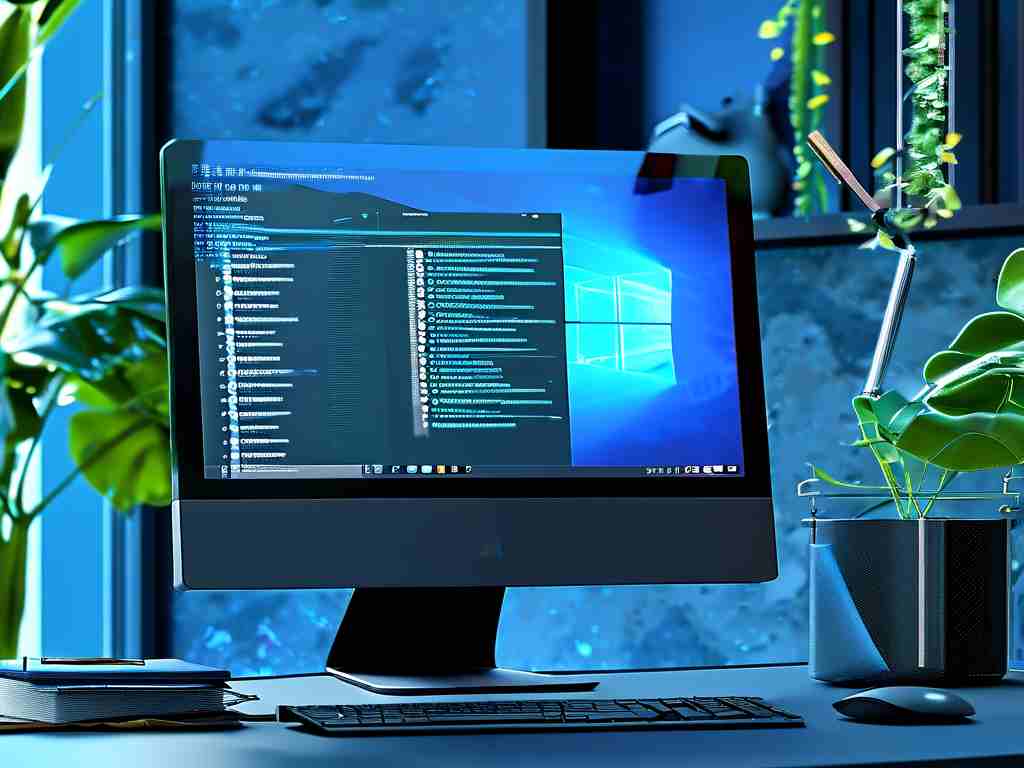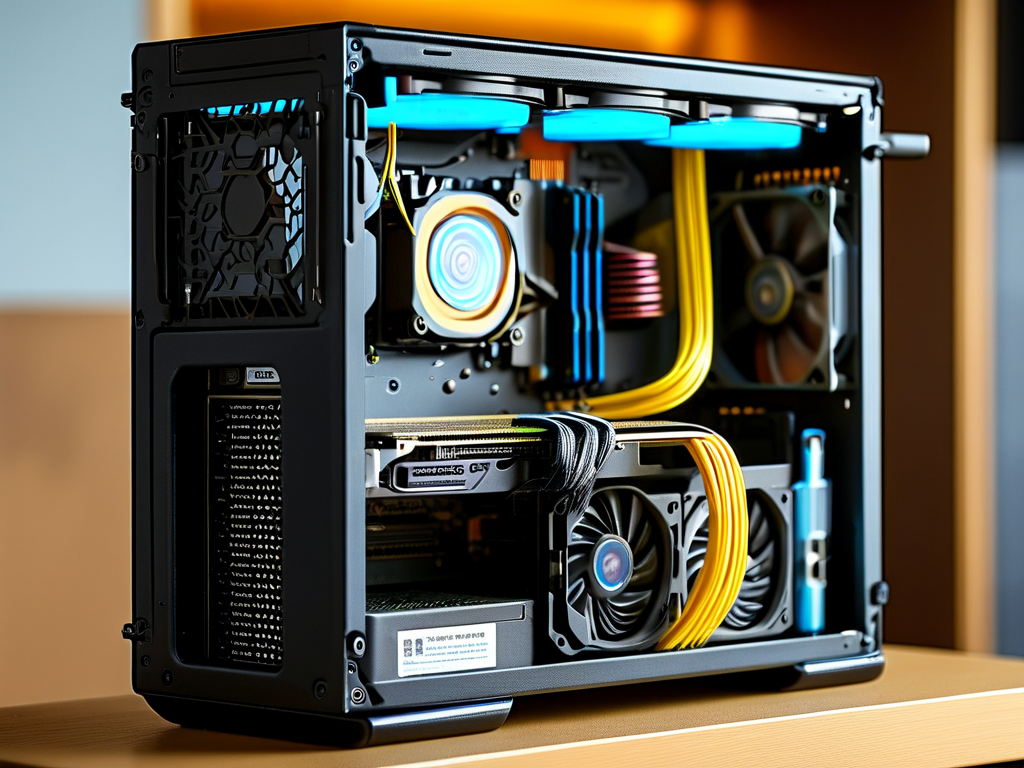In today’s fast-paced digital world, computers often struggle with sluggish performance due to accumulated memory junk. Temporary files, cached data, and residual registry entries can clog your system, leading to slower response times and reduced productivity. Fortunately, specialized software tools exist to tackle these issues efficiently. This article explores practical solutions for cleaning memory garbage and revitalizing your device’s performance while highlighting trusted applications for the task.

Understanding Memory Junk
Memory junk refers to unnecessary files and processes that occupy valuable system resources. These include:
- Temporary files: Generated by apps and browsers during updates or installations.
- Cache data: Stored to speed up recurring tasks but often becomes obsolete.
- Registry errors: Invalid entries left behind after uninstalling programs.
- Fragmented memory: Disorganized data blocks that slow read/write operations.
Over time, these fragments consume storage and RAM, forcing your computer to work harder. A study by TechInsights revealed that 70% of PCs experience a 30% performance drop within two years due to unchecked memory clutter.
Why Manual Cleaning Falls Short
While users can manually delete temporary files or clear browser caches, this approach has limitations. Critical system files might accidentally be removed, causing instability. Additionally, registry cleaning requires technical expertise, as incorrect modifications can corrupt the operating system. Automated tools offer a safer, more thorough solution by targeting only non-essential data and optimizing processes systematically.
Top Tools for Memory Cleanup
1. CCleaner Professional
A veteran in system optimization, CCleaner excels at removing redundant files and fixing registry issues. Its "Health Check" feature scans browsers, apps, and system areas in minutes. Advanced users can customize cleanup rules, while novices benefit from one-click optimization.
# Example of a simple batch script to automate temporary file deletion (Windows)
import os
os.system('del /s /q %temp%\\*')
2. Wise Memory Optimizer
This lightweight tool focuses on freeing up RAM in real time. It compresses idle processes and reallocates memory to active applications, making it ideal for gamers and multitaskers. The interface displays live RAM usage graphs, helping users monitor improvements instantly.
3. Advanced SystemCare
Beyond basic cleanup, this suite offers deep optimization for memory, disk space, and network settings. Its "Turbo Boost" mode suspends background services to prioritize critical tasks, while AI-driven scans adapt to your usage patterns over time.
Key Features to Look For
When choosing memory-cleaning software, prioritize these capabilities:
- Automated scheduling: Set daily or weekly scans to prevent junk accumulation.
- Browser integration: Clear cookies, history, and cached data across Chrome, Firefox, and Edge.
- Real-time monitoring: Track RAM and CPU usage to address bottlenecks proactively.
- Backup options: Restore points to undo changes if issues arise post-cleanup.
Best Practices for Sustained Performance
- Regular Maintenance: Run cleanup tools monthly, even if no slowdowns are noticeable.
- Update Software: Outdated apps often leak memory or create compatibility issues.
- Hardware Check: Ensure your RAM capacity aligns with your workload; upgrading hardware may be necessary for aging devices.
- Avoid Bloatware: Uninstall unused programs that run background processes.
Addressing Common Concerns
Some users worry that aggressive cleanup tools might delete essential files. Reputable applications like those mentioned above employ safeguards to exclude critical system components. Always verify a tool’s credibility through user reviews and certifications from platforms like CNET or Microsoft Partner Network.
The Future of Memory Optimization
Emerging technologies like machine learning are reshaping system optimization. Tools now predict usage patterns to preemptively clear junk before it impacts performance. Cloud-based solutions also offload memory-intensive tasks to remote servers, reducing local resource strain.
In , maintaining a clutter-free system is vital for maximizing productivity and extending hardware lifespan. By leveraging reliable memory-cleaning software and adopting proactive habits, users can ensure their devices remain swift and responsive for years to come.









